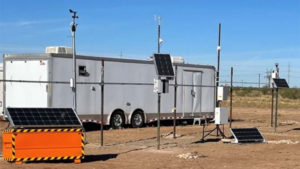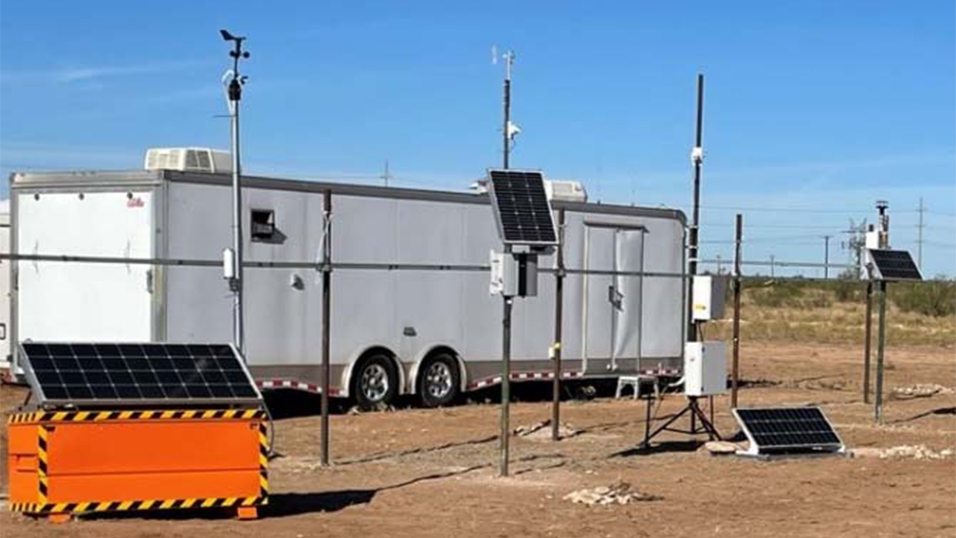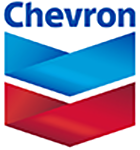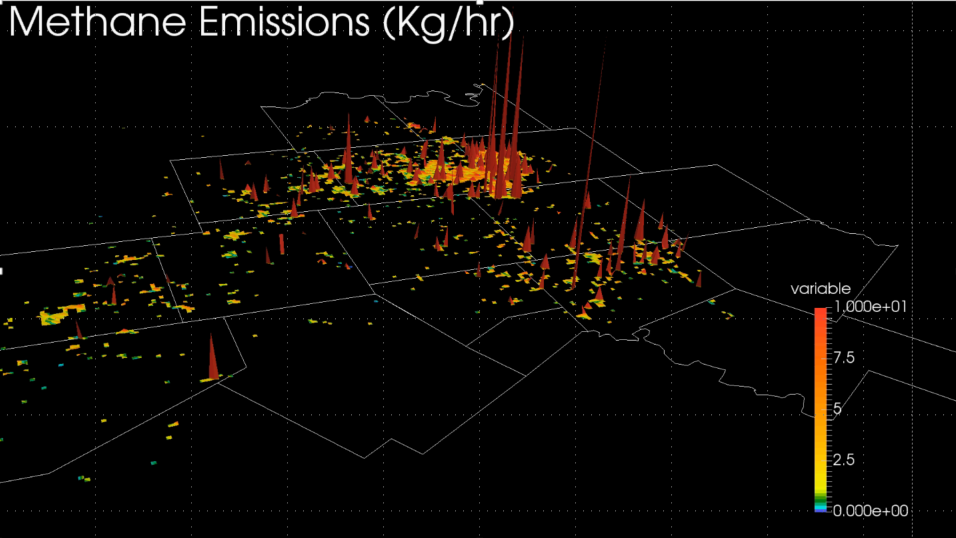Re-imagining how methane emissions from the oil and gas industry are tracked and analyzed to drive large-scale emission reductions
Project Astra
 Project Astra is a collaborative effort led by the University of Texas at Austin, which is at the forefront of methane detection and reducing methane emissions. The team is developing an innovative sensor network that will harness advances in methane-sensing technologies, data sharing, and data analytics to provide near-continuous emissions monitoring across oil and gas facilities in the Permian Basin and feed information into decision tools.
Project Astra is a collaborative effort led by the University of Texas at Austin, which is at the forefront of methane detection and reducing methane emissions. The team is developing an innovative sensor network that will harness advances in methane-sensing technologies, data sharing, and data analytics to provide near-continuous emissions monitoring across oil and gas facilities in the Permian Basin and feed information into decision tools.
This first-of-its-kind high-frequency smart monitoring system will transform the way methane emissions are detected. It will identify sites with leaks, feed data to a central system that can quickly notify field response crews and speed repair, increase the frequency of inspections, and provide an affordable, efficient solution to help reduce total methane emissions that contribute to climate warming.
Learn more at the Project Astra University of Texas-Austin technical website
News

Methane Sensor Inter-comparison Completed
Seven promising new methane sensor technologies were deployed and field-tested in The West Texas Methane Showdown, a pilot program that was launched in October 2020 and was completed in June 2021.



Chevron, Microsoft, and Schlumberger Sign Memorandum of Understanding
Three new companies join original partners EDF, ExxonMobil, GTI Energy, Pioneer Natural Resources, and the University of Texas.

Collaboratory to Advance Methane Science to Fund Development of Pilot Region Digital Twins

Simulation of atmospheric concentrations in the Project Astra pilot region will guide network design and data analytics. Members of CAMS who are supporting the effort include Cheniere, Chevron, Equinor, ExxonMobil, Pioneer Natural Resources, Sempra LNG and SIEP, Inc. (Shell).
Contact Us








